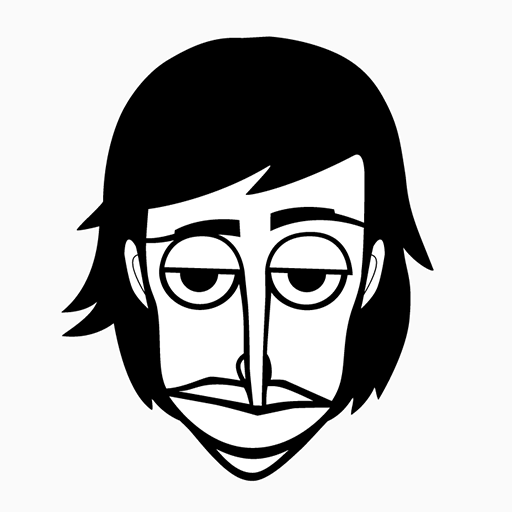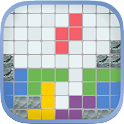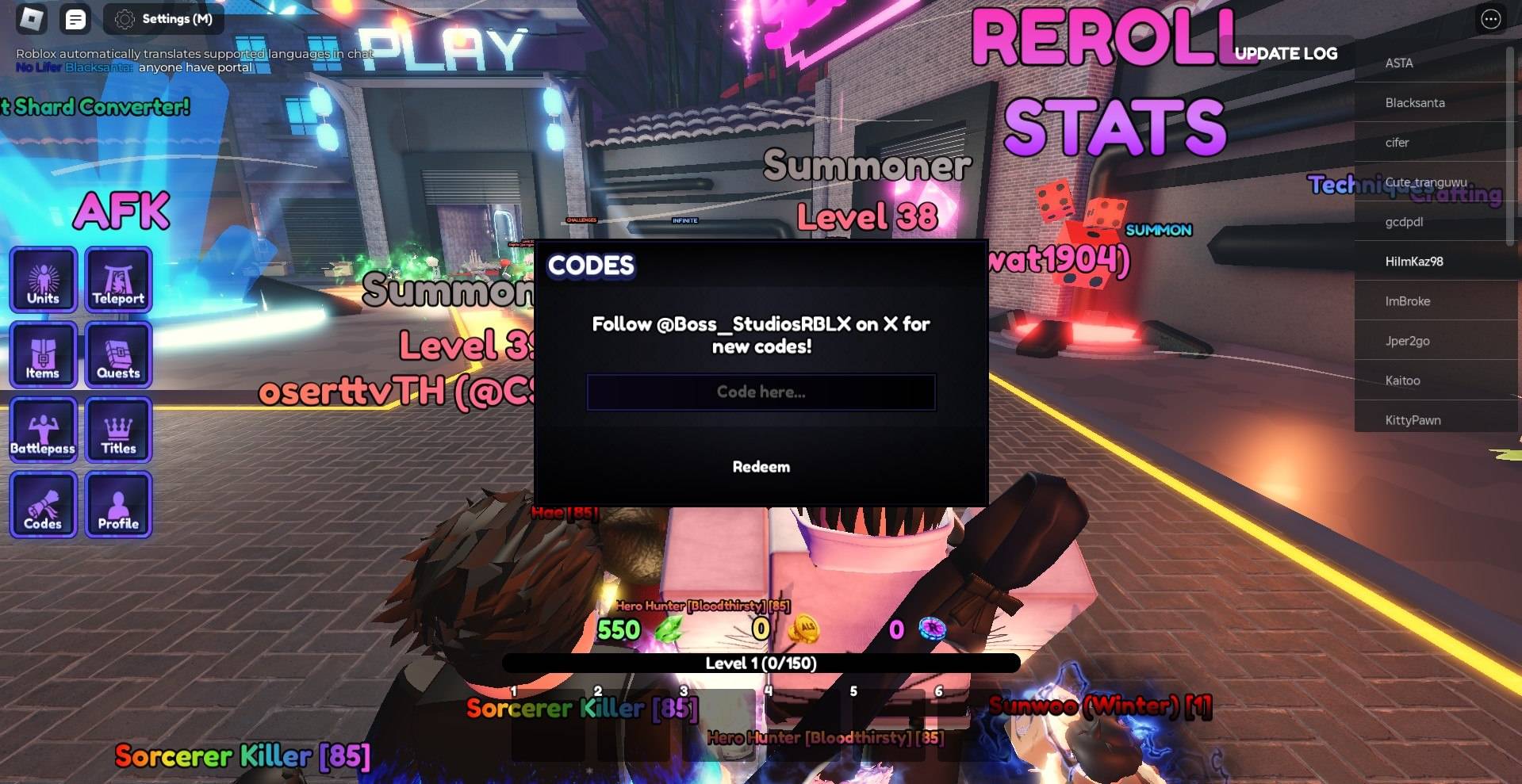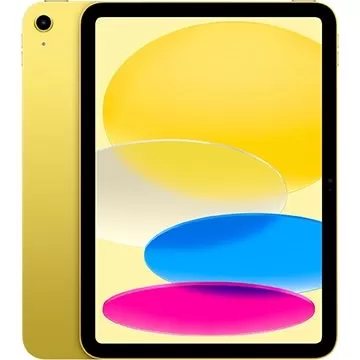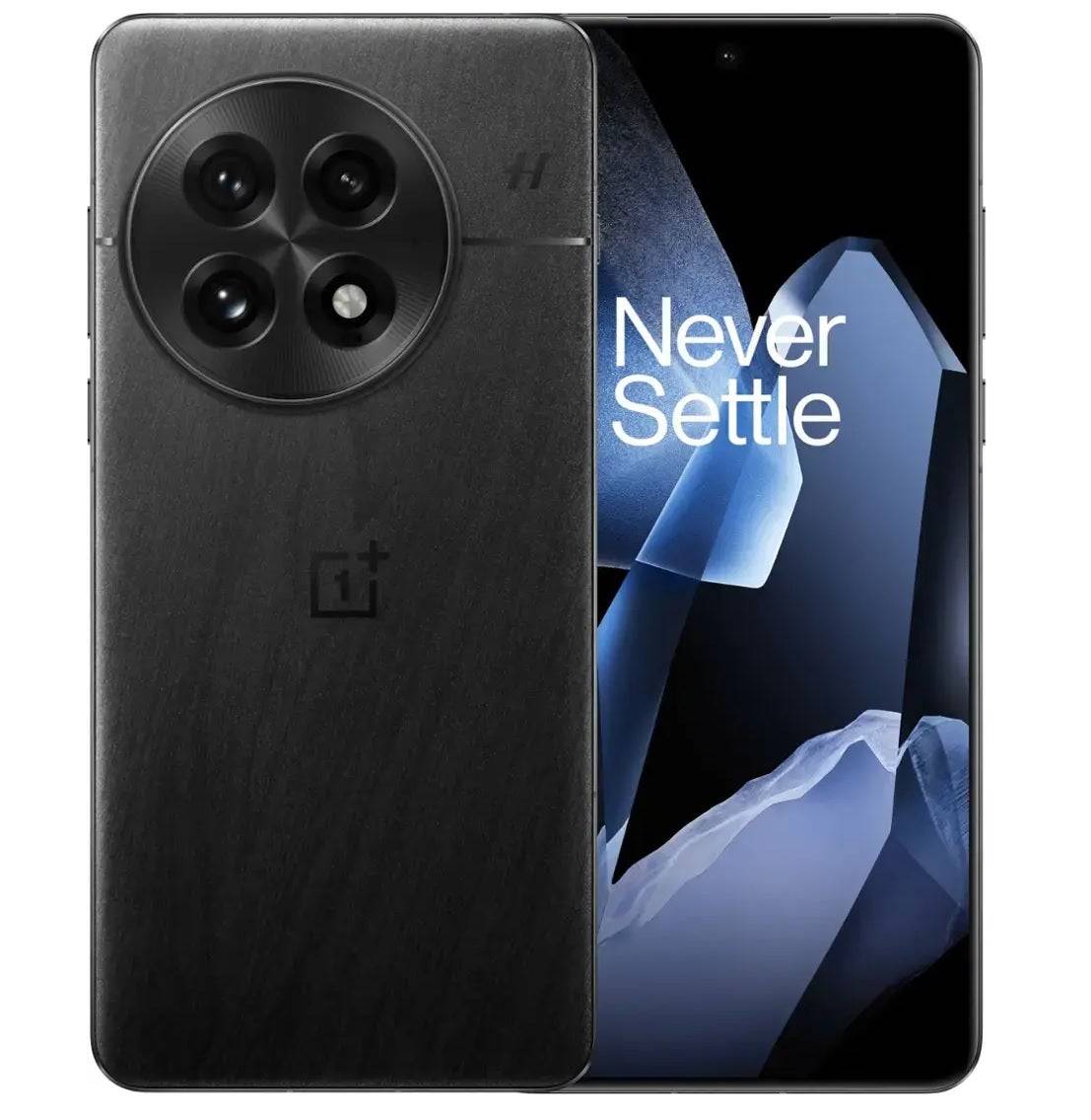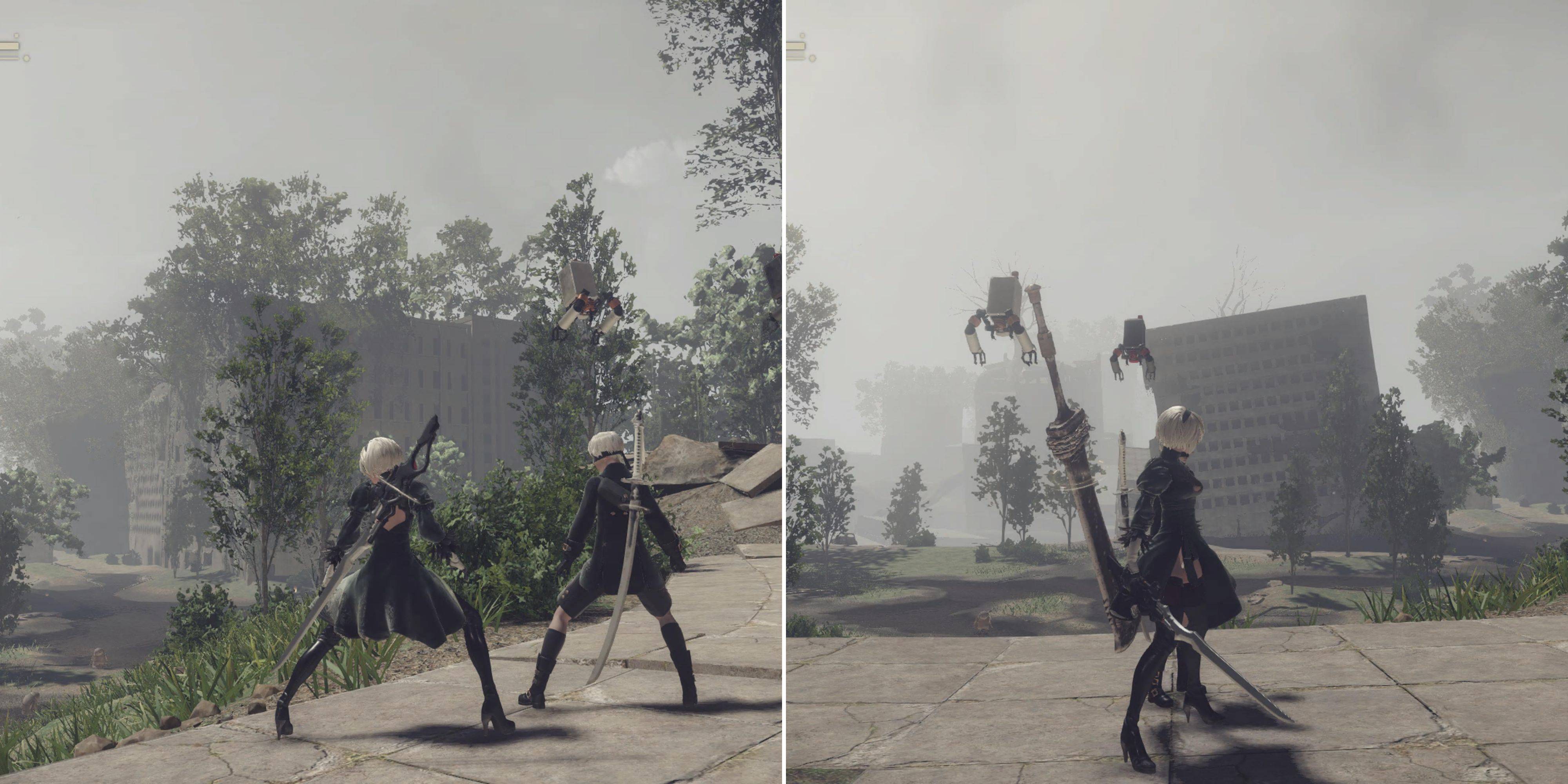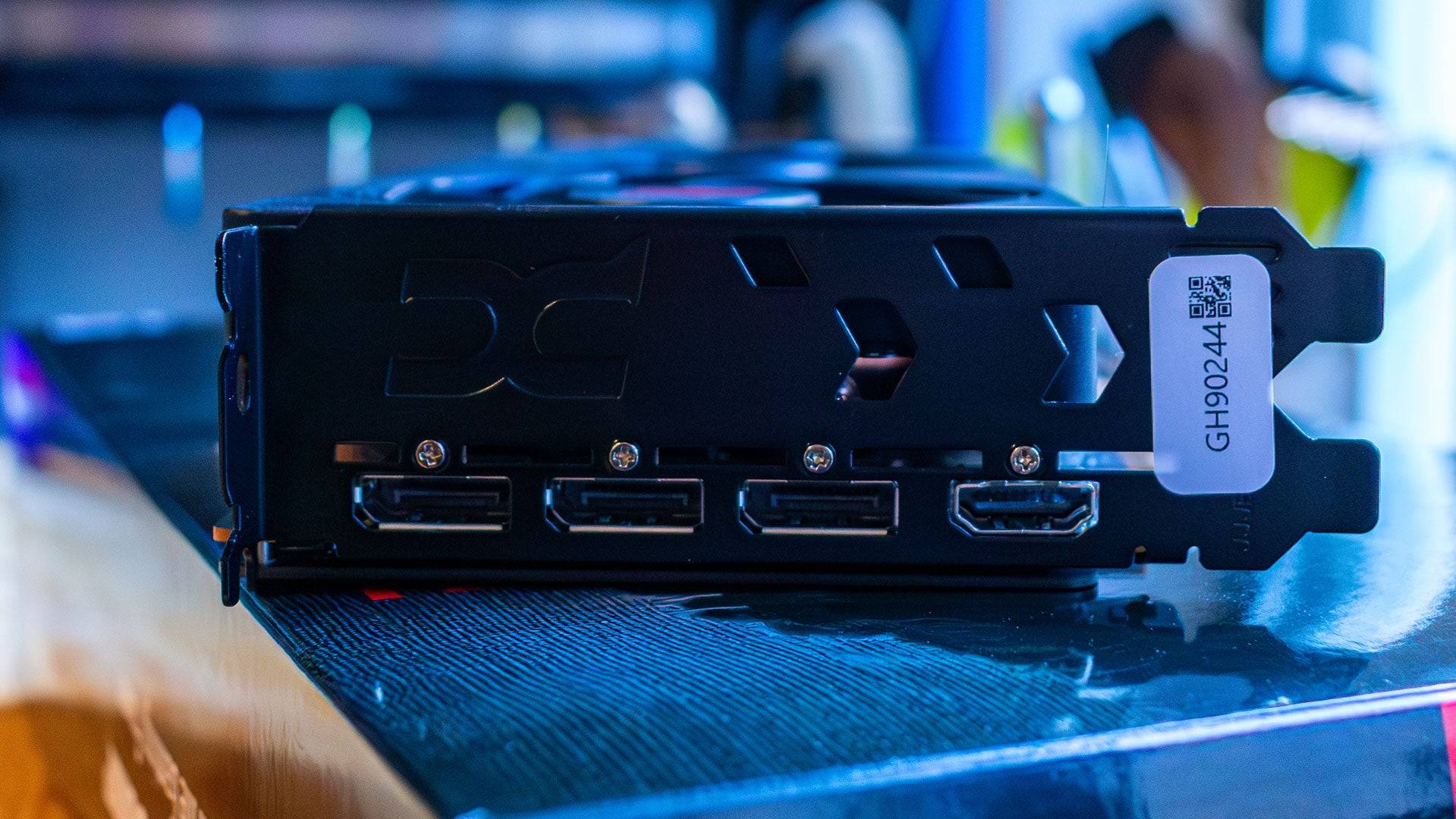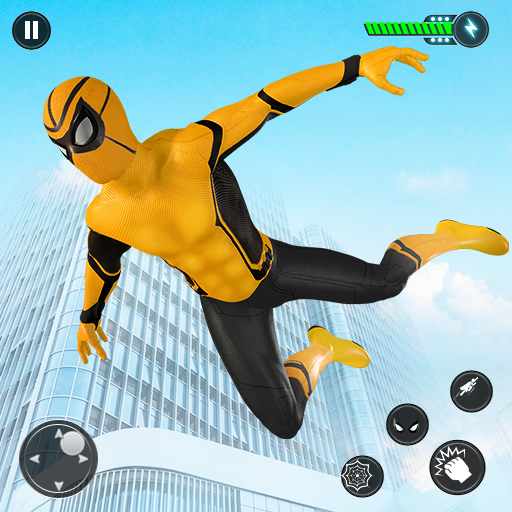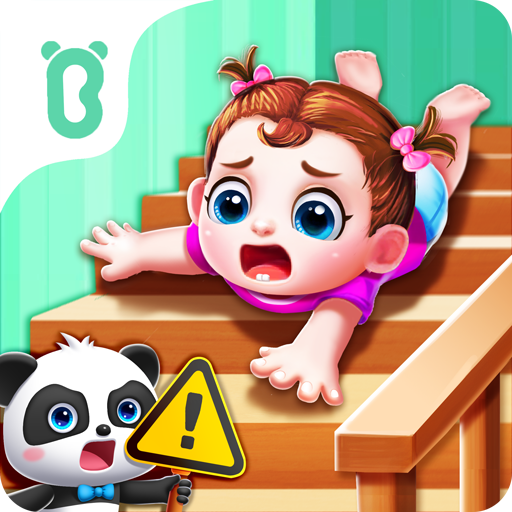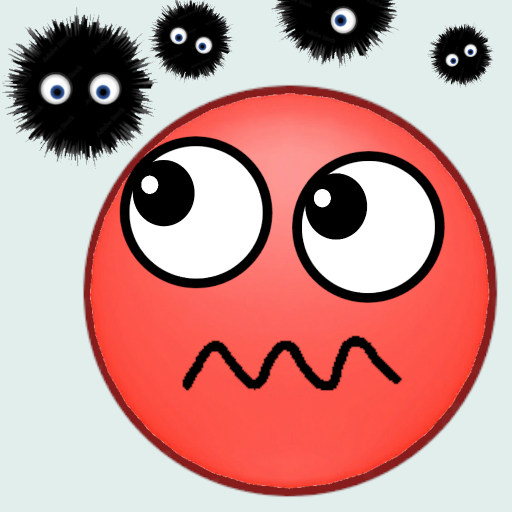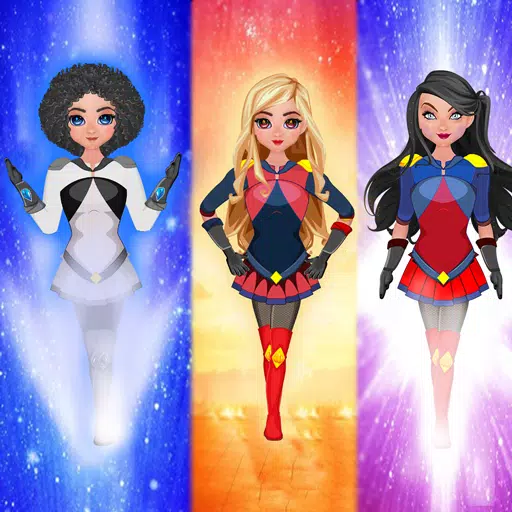Japanese Scientists Develop VR Game to Enhance Vision
In today’s digital age, juggling multiple devices—from smartphones and game consoles to computers—often leads to excessive screen time. While this convenience comes with its perks, it takes a toll on our eyes, causing discomfort and even contributing to near-sightedness due to prolonged focus on close-range objects. Surprisingly, however, gaming might hold the key to better vision.
A groundbreaking study conducted by researchers at Kwansei Gakuin University in Japan introduced a VR game designed specifically to enhance players' eyesight. Although still in early stages, this innovative approach shows promise in assisting individuals with mild to moderate myopia improve their visual acuity.
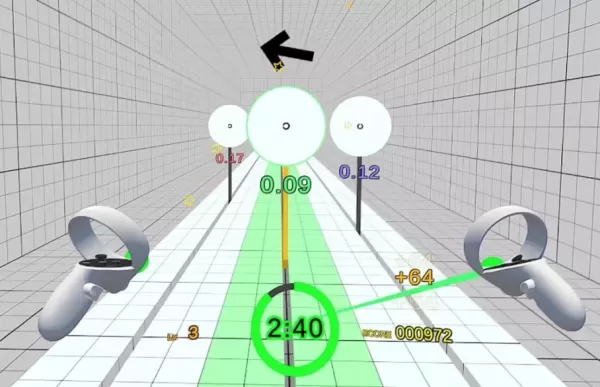 Early findings indicate that this VR game could significantly enhance players' eyesight. Built using Unity for Meta Quest 2, the game presents a straightforward target-shooting concept with three lanes, each housing a circular target mounted on a stick. Triggering the controller’s laser pointer highlights the chosen lane and target, activating “aim” mode. To score points, players must align the controller’s stick with the orientation of the Landolt C—an iconic black ring with a gap, commonly used in Japanese eye exams—positioned at the center of the target.
Early findings indicate that this VR game could significantly enhance players' eyesight. Built using Unity for Meta Quest 2, the game presents a straightforward target-shooting concept with three lanes, each housing a circular target mounted on a stick. Triggering the controller’s laser pointer highlights the chosen lane and target, activating “aim” mode. To score points, players must align the controller’s stick with the orientation of the Landolt C—an iconic black ring with a gap, commonly used in Japanese eye exams—positioned at the center of the target.
This VR experience was crafted to engage and strengthen ocular muscles by requiring players to frequently shift their focus between targets placed at varying distances while precisely identifying the Landolt C's gap. Upon completion, participants received an engaging results screen displaying their stats, including hits, misses, combos, and personal records—a feature that sparked friendly competition among some users.
Results demonstrated measurable improvements in the vision of all participants throughout the six-week trial. Interestingly, those with severe myopia experienced enhanced clarity the more they engaged with the game.
Despite these encouraging outcomes, the study remains limited to a small cohort of ten participants aged 22–36. Further research is essential to validate the efficacy of such VR games as a potential treatment for near-sightedness. According to the Japanese research paper, the team intends to conduct additional experiments to explore the full potential of this technology.
Latest Articles

![1xBet [Updated]](https://imgs.yx260.com/uploads/76/1719623227667f5e3be7616.jpg)






